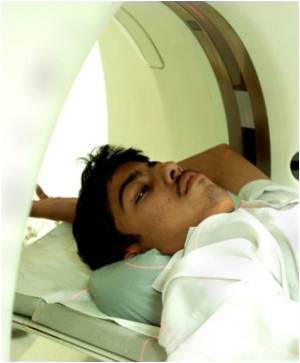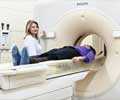The use of brain scanners should be regulated so they aren't used unethically, a legal expert has warned.

Brain scans have already been used in some death row trials in the US and could be used by British police to determine whether a suspect is lying, or has planned a crime they have yet to commit.
For instance, they can be used by employers to test the honesty of an individual's CV or by commercial companies to analyse the subconscious preferences of their consumers. There is also apprehension that these scans could reveal undiagnosed brain conditions in some individuals, causing unnecessary anxiety to them and their families, and that repeated scanning might even carry health risks.
When viewed through a scanner, different areas of the brain 'light up' when they function. This can be interpreted to read an individual's thoughts and determine whether, for example, a person likes or dislikes an image they are being shown.
"The task ahead is not just to ensure that the use of brain imaging in courts or by other decision makers is scientifically sound and reliable. We also need to ensure that the law protects what is the innermost core of our privacy, our thoughts, deepest wishes and desires, from unwarranted intrusion," The Telegraph quoted Burkhard Schafer, of the SCRIPT Centre for Research in Intellectual Property and Technology at the University of Edinburgh, as saying.
Professor Joanna Wardlaw, Professor of Applied Neuroimaging at the University of Edinburgh, said, "Brain imaging has emerged at astounding speed in the last decade and it is an extremely powerful method of finding out about how the brain works. But currently, once outside the medical or scientific arena, the use of imaging is completely unregulated.
Advertisement
Experts from around the world will gather at the Institute for Advanced Studies in Glasgow today (Monday) to debate the issue.
Advertisement














